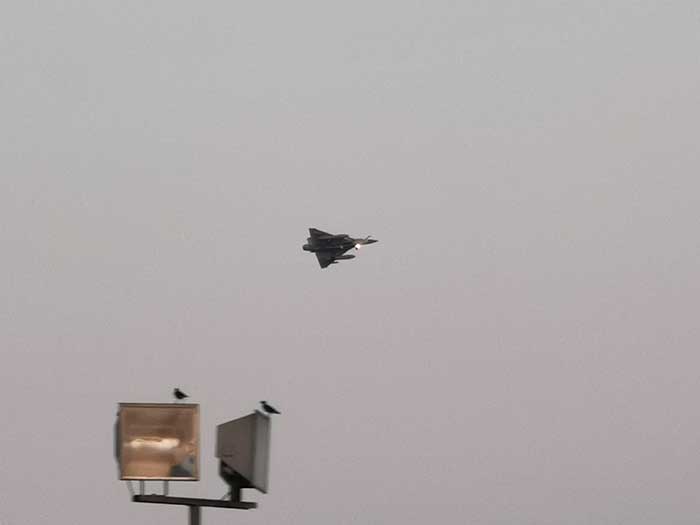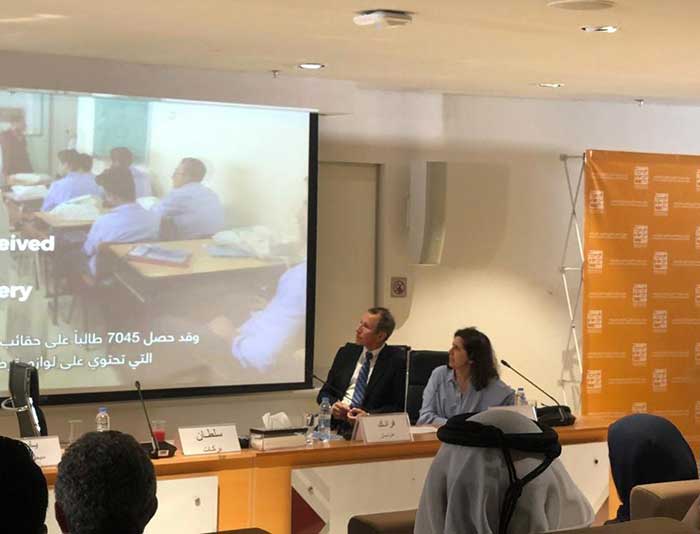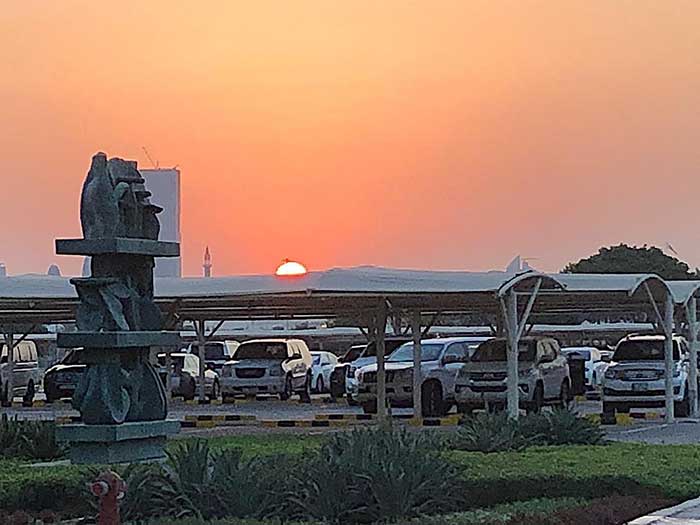Jaspal Kaur Sadhu Singh
It is difficult to win a debate on ethics when you are pitted against a crowd of tech-acolytes. I was taking the position that a more vital consideration in developing cities are ethical ones rather than the smartness of the technology utilised in the infrastructure and running of facilities or services in cities. The organisers of the Maxis Innovation Dialogue invited me to debate the motion that building Ethical Cities is far more important than Smart Cities (held on 30 September 2019 at Found8, KL Sentral).
The ethicists were pitted against the techists at polarized ends. External to the debate setting, the most prudent position to take is the middle ground which suggests that we can build Smart Cities that have altruistic outcomes and serve the communities that reside in them. The concern here lies in the question as to whether we are being too hasty in turning to technology to resolve all the problems that plague city-dwellers. Phrases such as “Smart Cities” seem to appeal to the modern sensibilities of progressiveness, especially in raising our quality of life, but are we saying that urban problems can only be resolved with technology and therefore the responsibility to develop Smart Cities to a certain extent is to be placed on the shoulders of tech companies?
Prime Minister Tun Dr Mahathir Mohamad alerted us to the stumbling blocks in developing Smart Cities which lies in involved parties working in silos. At the launch of the Malaysia Smart City Framework on 23 September, Tun alluded to the need for cooperation between various tiers of government and the private sector as well as reminding us that whilst developing Smart Cities may integrate our cities with technological solutions, the prosperity and well-being of the rakyat was the ultimate goal (The Star, Smart city players working in silos hindering development as a whole, says Dr M, 23 September 2019). Hence, it cannot be a case of using technology for technology sake.
In re-calibrating our debate of Smart Cities vs Ethical Cities, I referenced the contents of an astute opinion written by Badrul Hisham Ismail (The Star, Smart city dumb people?, 29 September 2019) in making my case. The author raises a multitude of concerns that perambulate the building of Smart Cities. One of these concerns is that vulnerable sections of communities may be further marginalised where technological solutions may be inaccessible, such as in the case of adopting cashless payment systems. When adopting such systems, one has to bear in mind sections of our society who have no information or access to connectivity, devices or base knowledge and skills to handle the technology.
Ethical Cities can incorporate “smart” initiatives where use of technology is absolutely essential such as waste management through artificial sensors, reusing grey water, alleviating traffic congestion, and efficient use of resources such as electricity to illuminate community spaces. However, in most cities that require attention, poverty is the greatest concern. Cities are not effectively dealing with rising property prices, the lack of public transportation that is affordable and intelligently connected, congestion, pollution, lack of accessible healthcare, quality education, and most importantly, safe spaces for our children to grow and become well-developed adults.
With everything else, we tend to be convinced with the use of gimmickry and gadgetry pandered to us by tech companies without real qualification or substantial justification. One example that has faced much resistance is the development of the waterfront in Toronto, Canada – a disused part of the Quayside area – by Sidewalk Labs, which is owned by Alphabet (the company that owns Google). The project has just obtained its initial approval in October, subject to conditions and restrictions, for instance, data collected will be treated as a public asset. It faced a barrage of criticisms and questions, in particular the motives of big tech giants becoming involved in urban development. One expert critique called the initiative as “surveillance capitalism”. Other questioned the experience of the tech giant’s experience in urban planning. Are residents within these Smart Cities to end up being subjects of a larger experiment controlled by algorithms and AI tools cloaked as magic potions which are miraculously able to resolve the ailments of our cities?
There exists a need to ensure that our Smart Cities are indeed Ethical Cities. We have to ask the right questions to elicit the answers that will allow us to make well informed decisions. There must be public consultation where details of the development which is open to scrutiny in town hall meetings with residents. At every phase of the development, there must be continued monitoring by city council officials as they are accountable to the residents who pay their assessment taxes. There must be an altruistic end to any integration of innovation, clearly researched and rationalised as a vital need or resolution to the problems that blights a city. Planning experts, environmentalists, social scientists, educators, and experts from any sector for that matter who deliver services to the community, must be engaged. There must be clear compliance of procurement laws. There must be a clear framework of how any use of AI which harvest’s rich data from residents and users of the city’s facilities is managed. Finally, there must be an independent panel of experts representing all parties, but mostly the community, must be established as part of the monitoring system.
Cities need to be sustainable, resilient, economically vibrant, inclusive and democratic. Keeping in mind that technology is the mere scaffolding that lifts the structures of our society, cities cannot be built from technology up; they are built from the needs of the humans who reside within them.


